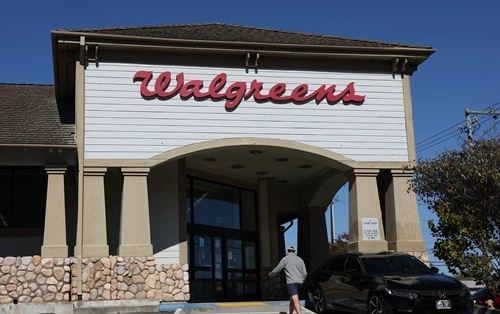Walgreens Class Action Lawsuit involved allegations against Walgreens pertaining to fraudulently overcharging patients who purchased generic drugs through private insurance or federal health insurance programs like Medicare or Medicaid. Walgreens is an American pharmacy store chain which is the second largest in the United States with more than 8700 stores in the country.
A class action lawsuit was filed against Walgreens in the year 2017. The lawsuit claimed that the pharmacy charged insured customers higher prices for generic prescription drugs than the members of the its Prescription Savings Club. Claims made by the class action lawsuit cover the decade before 2017. The lawsuit claimed damages for insured patients nationwide going back to the year 2017. Walgreens has agreed to a $100 million settlement to resolve the class action lawsuit.
Allegations against Walgreens

As per the class action lawsuit, Walgreens overcharged insured customers for generic prescription drugs. Consequently, the insured customers paid more for the drugs as compared to the members of the pharmacy’s Prescription Savings Club. Prescription Savings Club was a program which allowed its members, who paid an annual fee, to buy specific drugs at discounted rates. To be specific, the program enabled its members to purchase over 500 commonly prescribed generic drugs for $5, $10 or $15 for 30-day prescriptions, and $10, $20 or $30 for 90-day prescriptions.
The lawsuit alleged that Walgreens implemented an improper pricing scheme which inflated copayments, coinsurance and deductibles. Consequently, the insured customers had to pay more for the generic prescription drugs.
Settlement of the Lawsuit
Litigation in the class action lawsuit against Walgreens continued for 7 years, from 2017 to 2024. In November 2024, Walgreens agreed to a settlement of $100 to settle the claims made in the lawsuit. The Prescription Savings Club program was also terminated, as a part of the settlement.
Even though Walgreens decided to resolve the case by agreeing to pay the settlement amount, it denied the allegations contained in the class action lawsuit.
In a statement, a Walgreens spokesperson said that the claims held no merit and they did not accept any liability. However, they agreed to resolve the matter to enable them to focus on their turnaround strategy that will benefit their customers, patients, stakeholders and team members.
The plaintiffs filed for federal approval of the settlement in the first week of November 2024, immediately after Walgreens agreed to a settlement of the lawsuit. In late November, a federal court in Illinois, Chicago granted a preliminary approval of the settlement.
Eligibility for Compensation
In order to qualify for a payout under the settlement agreement, an individual or entity in the United States is required to have paid for prescription drugs at a Walgreens store using insurance benefits at any point of time in the period between January 1, 2007 and November 18, 2024.
An individual or entity who has received a settlement notice with an ID number, and is making a claim of less than $10,000 in compensation, is not required to submit any additional paperwork to file a claim. However, anyone who has not received a settlement notice or making a claim of over $10,000, is required to provide proof of purchase of prescription drugs from Walgreens along with the claim form.
Claims are to be submitted through email or online. Last date for filing claims is Thursday April 17, 2025.
Payout Allocations
Walgreens has agreed to a $100 million settlement. This amount has been divided into two parts. 80% of the settlement amount has been allocated to third-party payor claimants while the remaining 20% will go to individual claimants. The funds would be paid on a pro-rata basis, after covering the lawyer fees and administrative costs.